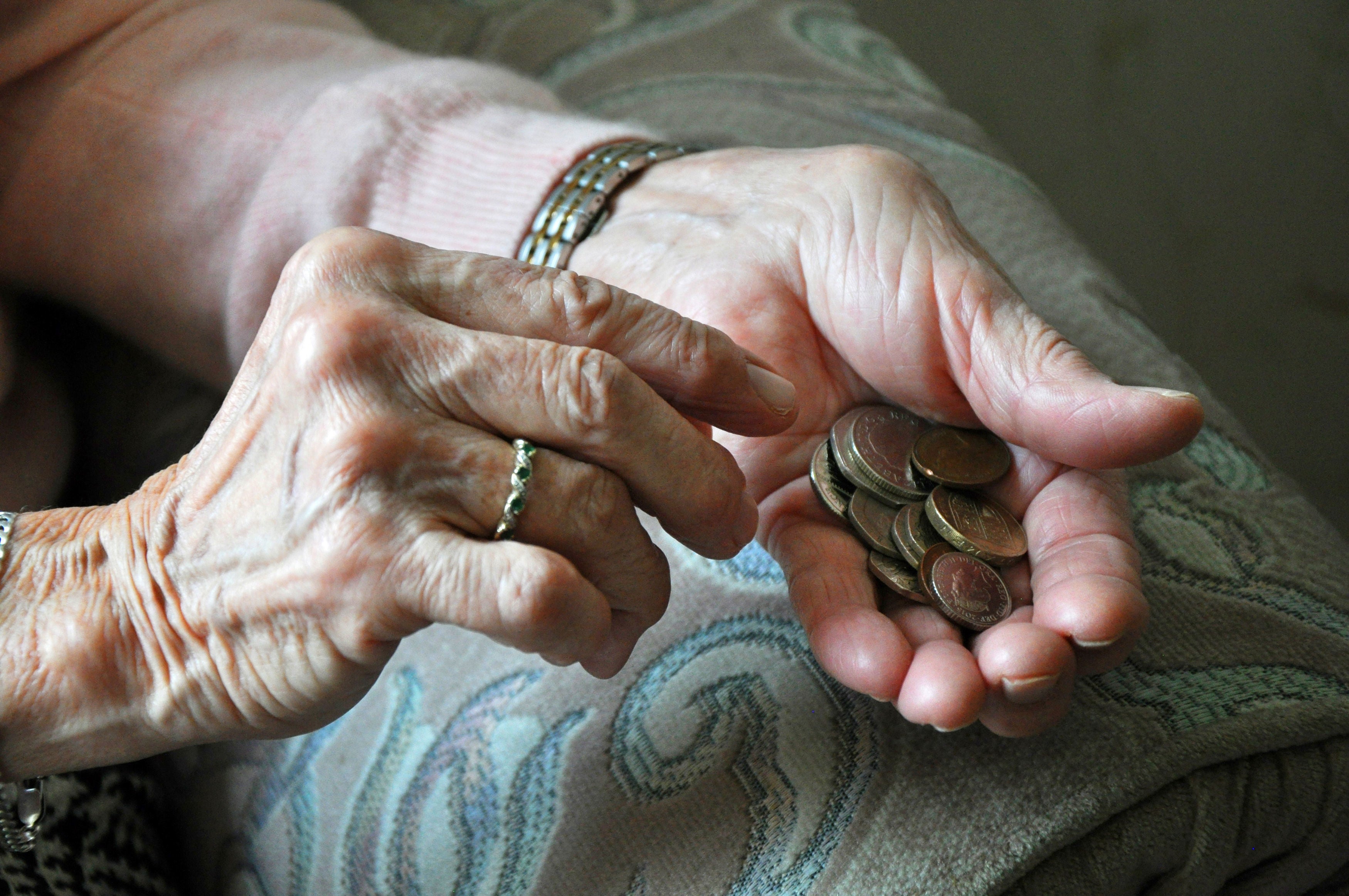Millions of older people are lonely and feel cut off from digital world – survey
About one in 10 people aged 65 or over said feelings of loneliness made them feel worried or anxious, a poll by the Mental Health Foundation found.

Your support helps us to tell the story
From reproductive rights to climate change to Big Tech, The Independent is on the ground when the story is developing. Whether it's investigating the financials of Elon Musk's pro-Trump PAC or producing our latest documentary, 'The A Word', which shines a light on the American women fighting for reproductive rights, we know how important it is to parse out the facts from the messaging.
At such a critical moment in US history, we need reporters on the ground. Your donation allows us to keep sending journalists to speak to both sides of the story.
The Independent is trusted by Americans across the entire political spectrum. And unlike many other quality news outlets, we choose not to lock Americans out of our reporting and analysis with paywalls. We believe quality journalism should be available to everyone, paid for by those who can afford it.
Your support makes all the difference.Millions of older people are suffering from loneliness and are cut off from the digital world, a charity has warned.
The Mental Health Foundation, which surveyed more than 6,000 adults in the UK, said its findings showed that one in 10 of those aged 65 and over feel lonely some or all of the time.
One in four of those aged 65 to 74 reported feeling isolated often or some of the time, according to the survey.
And about 10% of people aged 65 or over said feelings of loneliness made them feel worried or anxious.
We suspect that for some older people and those around them, loneliness is seen as simply part of the process of growing older
According to the Mental Health Foundation, the opportunities and benefits of digital communication are out of reach for many people in older age groups.
Data from the Office of National Statistics (ONS) suggests that of the three million people without access to the internet, the majority (67%) are aged 70 or over.
The Mental Health Foundation runs a Picture This project which sees participants receive a new digital tablet, unlimited WiFi for three months, art materials and one-to-one digital training.
To date, more than 100 older people living in sheltered housing and care in Lewisham, south east London, have benefitted from the programme.
Mark Rowland, chief executive of the Mental Health Foundation, said: “We are all likely to feel lonely at some point in our lives, and feeling lonely for a prolonged period of time can have a negative impact on our mental and physical health.
It is especially important that older people feel confident and supported to ask for help when they feel lonely
“However, we suspect that for some older people and those around them, loneliness is seen as simply part of the process of growing older.
“This view isn’t helped by the common assumption that loneliness is linked to aging or simply the natural consequence of living alone.
“It is especially important that older people feel confident and supported to ask for help when they feel lonely and are able to access the digital tools and devices that could help to ease their loneliness.”
The charity is calling on the Government to do more to prevent digital exclusion and commit to older people’s mental health.
It comes as a separate poll for the charity Mencap found that people with learning disabilities are suffering from loneliness in the wake of the Covid pandemic.
Some 88% of 580 family members and carers surveyed said their loved one was always, or very often felt sad, and 82% felt lonely due to rarely being able to leave their homes.
Nearly a third (32%) were struggling with mental health issues, including suffering from low mood and low self-esteem.
More than a quarter (27%) did not know where to turn for support.
Of those surveyed, 72% of family members and carers of people with a learning disability said their loved one currently spends less time outside of the house than before the pandemic.
More than one in 10 said they left the house just once a week or less.
Limited access to technology, coupled with lack of confidence and digital skills, has made the situation worse, according to Mencap.